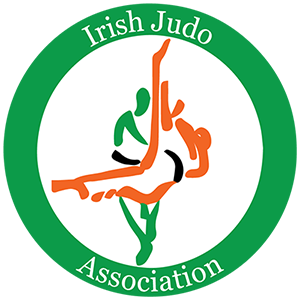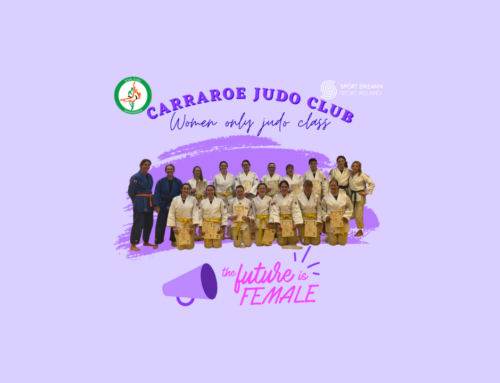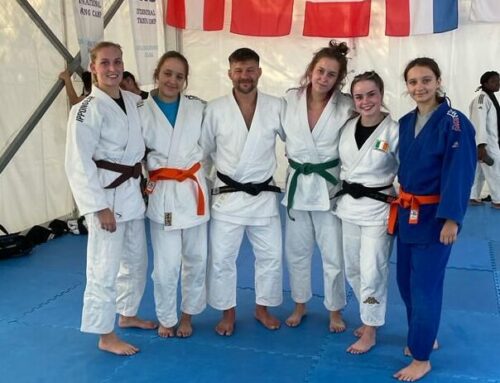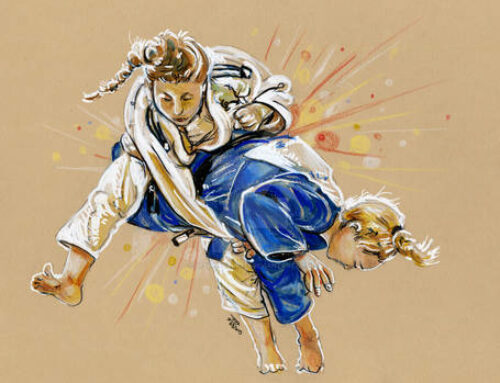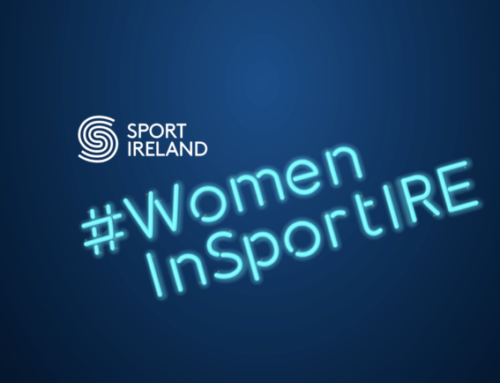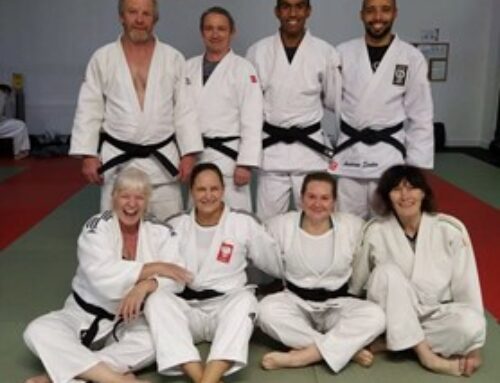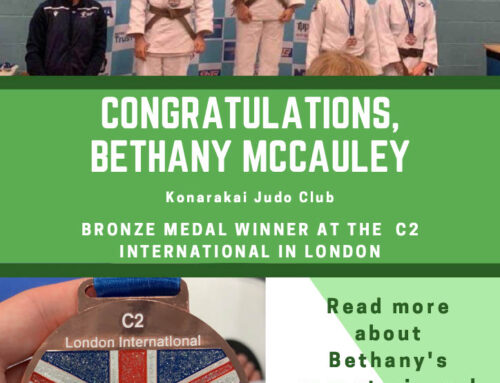Adapted from Sport Ireland Wis Presentation by Antoinette Earl 2020
Sue Ronan, football coach, was interviewed on her role as a coach who moved from coaching senior women to an under 18 young women’s team and explains how she develops her players. Jon Mackey, Kickboxing coach, was interviewed for his ideas on how he coached a very successful women‘s team of Kickboxing athletes to European titles.
I adapted these speakers’ ideas to girls and women in our sport of Judo.
Obviously they are not all and everything you need to consider but if you take two thoughts away I suggest these: that females are social and relationships are important to them.
THE ROLE OF THE COACH
To coach girls and women there are three key issues to success
- Building a positive club and training culture
- Coach/Player Relationships
- A player centred approach
BUILD A POSITIVE TEAM CULTURE IN YOUR CLUB
- Create an environment that girls and women will want to be part of
- Coaches and club volunteers are always approachable and friendly around players
- Generate an up-beat, positive atmosphere in the dojo
- Build relationships with your players – learn about them, build connections
- Have fun
- Build trust
BUILD TRUST
- Know something about your players, eg, who is sitting exams soon, eg, who is introverted and who is extroverted
- Generate activities to do together outside the dojo, eg, a social event, club awards
- Gain their confidence eg, by doing low risk (emotionally) warm ups
- Encourage them to give ideas to the group, show technical ideas
- We are in this together – Win or lose. Take away fear of failing, in practice and in competition. It is not a problem, failing is experience
HAVE A PLAN AND COMMUNICATE IT
- Tell your players what is coming up in the term
- Tell them of the Objectives of the classes, expectations and philosophies
- Encourage them, praise them, motivate them
- Communicate with players individually as to what you expect from them
- Tell their parents or caregivers of your plans
EMPLOY A PLAYER CENTRED APPROACH TO MAXIMISE THEIR PERFORMANCE
- Engage
- Empower
- Enable
ENGAGE
- Engage your players in an appropriate learning environment eg By the use of smaller groups and individual learning. Think about having inclusive activities not just training activities that are suited to the most competitive men on the mat. A positive environment drives creativity and builds resilience. A negative one causes anxiety and fear.
- Use observation and positive meaningful feedback eg. “you are controlling the head really well there!” “good foot position on entry there!” Players want to know what to do to be better next next time.
EMPOWER THEIR LEARNING AND DEVELOPMENT
- People learn differently
- Encourage them to engage in different ways of learning. On the mat, off the mat, video analysis, self analysis, mutual feedback if comfortable.
- Players are learning from your actions, what you tell them, by watching and listening and interpreting your behaviour.
- You are a teacher, a coach, a facilitator, a role model
- You are developing people not just a judo exponent
ENABLE THEM
- To perform to the best of their abilities
- To deal with disappointments as well as wins
Be aware of the group values that you are developing – on behaviour, good nutrition, rest, health
Girls and Women will stay if they have a happy, positive learning culture in which to do Judo
THE SECOND SPEAKER, JON MACKEY ENDORSES SUE’S IDEAS.
HE COACHES INTERNATIONAL LEVEL KICK BOXERS
- Emphasis on the Environment and the Relationship with players
- The environment needs to be mentally and physically safe, supportive and enjoyable
- Challenge your players, at all levels, set goals, rewards
- Recognise the importance of quality friendships, trust, caring and love for each other
COMPARE FEMALE SPORTS ATHLETES TO MALE
FEMALES
- Are process driven
- Have identifiable goals
- Are intrinsically motivated
- Are emotionally involved, connected to their judo
- Have a high internal locus of control, that is, they take responsibility
- Adaptable in a fight, can be connected with, change tactics and strategy
- Ruthless execution on the day
MALES
- Are results driven
- Are extrinsically motivated
- Lone wolf syndrome, see injustice, blame others when things go wrong
- Have a high external locus of control
- Are harder to coach under pressure, it‘s fight or flight
FOR MORE ON THIS SEE JOWETT ON THE COACH RELATIONSHIP
PROF. SOFIA JOWETT
- Coaching effectiveness hinges on quality coach/athlete relationships
- Higher order themes:
- Closeness, trust, bonds
- Commitment, maintaining the bond
- Complementarity, co-operation
- Co-orientation, interdependence
WOMEN HAVE DIFFERENT BIO-PSYCHO-SOCIAL NEEDS TO MEN – COACH THEM THE SAME.. BUT DIFFERENT
- Recognise the strengths of the social group eg, during warm ups, allow interaction, checking in with each other
- Be consistent in the relationship- leave your emotional baggage at the door
- Validate feelings, emotional issues, concerns, allow chat, open questions
- Understand the female physiology, especially in young women (the female triad – eating disorders, bone density, menstrual dysfunction)
- Assist in balancing training, social life and academic life, work with it, no “go hard or go home”
COACHES ARE BEING CHALLENGED TO ADAPT TO COVID 19: CHECK YOUR
- Communication
- Information
- Attitudes
- Resources
